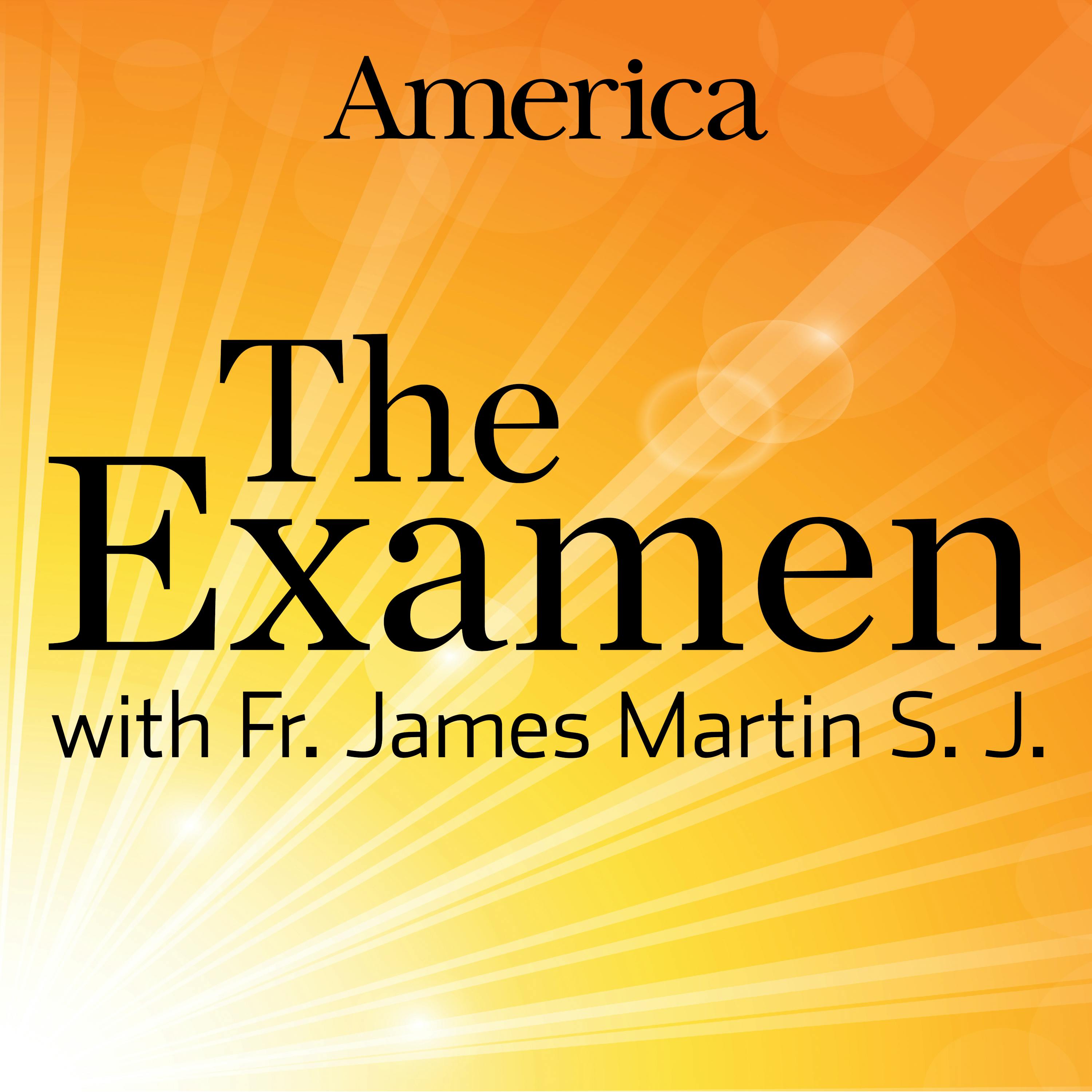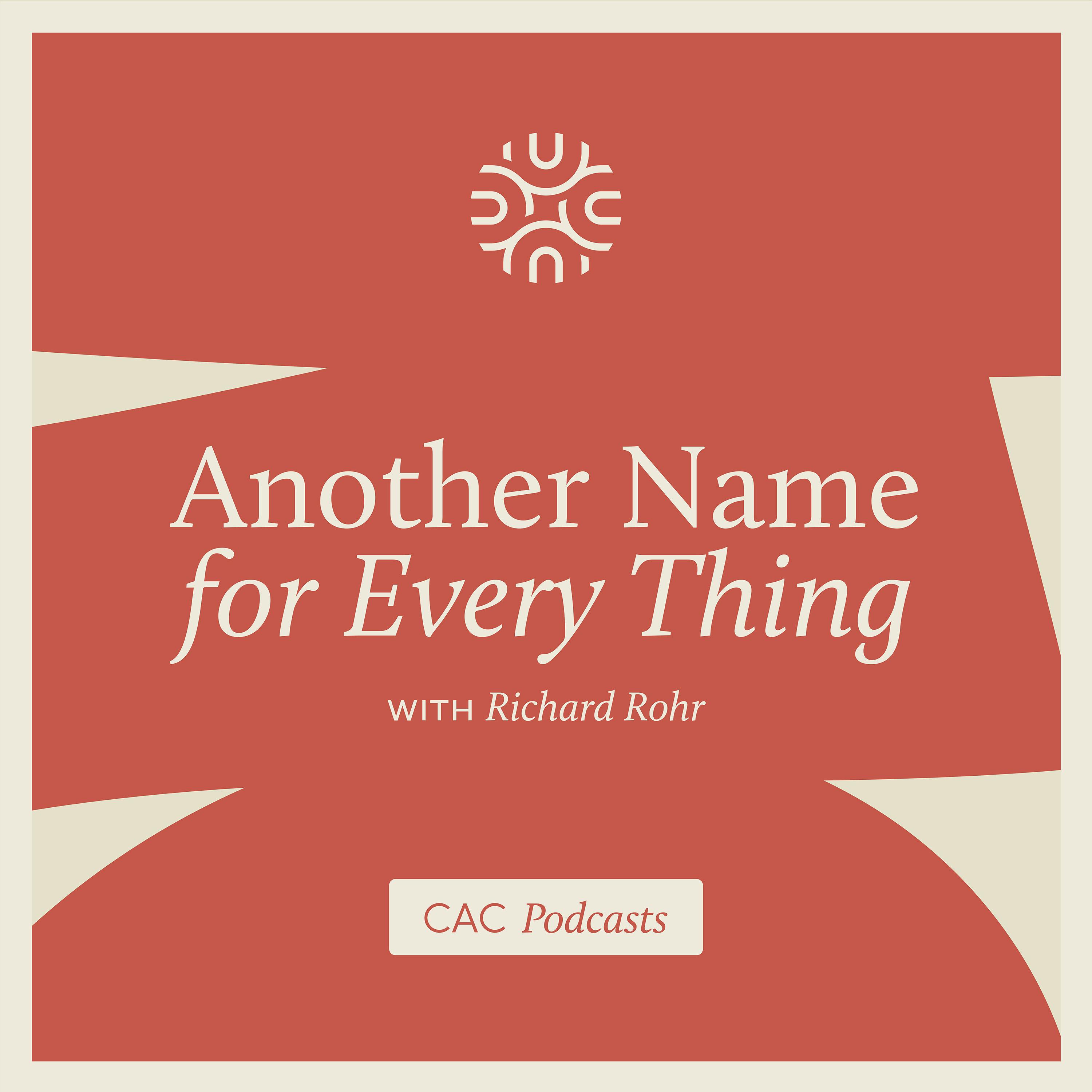
SOLACE: Soul + Grief
This podcast is sponsored by SOULPLUSGRACE serving the San José area, offering grief support and grief journeying with spirituality. I hope to help you travel through grief with God at your side.
"I am a trained Spiritual Director for those who seek to complete the 19th Annotation of St. Igantius’ spiritual exercises OR seek spiritual direction while grieving. I have also worked as a hospital/cemetery chaplain and grief doula. I believe all paths lead to God and that all traditions are due respect and honour. I take my sacred inspiration from all of my patients and companions–past, present and future; the Dalai Lama, James Tissot, St. John of the Cross, the Buddha, Saint Teresa of Ávila, and, of course, Íñigo who became known as St. Ignatius. I utilize art, poetry, music, aromatherapy, yoga, lectio divina, prayer and meditation in my self-work and work with others. I believe in creating a sacred space for listening; even in the most incongruous of surroundings."
BACKGROUND
- Jesuit Retreat Center, Los Altos, CA -- Pierre Favre Program, 3 year training to give the Spiritual Exercises of Saint Ignatius
- Centro de Espiritualidad de Loyola, Spain -- The Spiritual Exercises of St Ignatius of Loyola -- 30 Day Silent Retreat/
- Center for Loss & Life Transition – Comprehensive Bereavement Skills Training (30 hrs) Ft. Collins, CO
- California State University Institute for Palliative Care--Palliative Care Chaplaincy Specialty Cert. (90 hrs)
- Sequoia Hospital, Redwood City, CA -- Clinical Pastoral Education
- 19th Annotation with Fumiaki Tosu, San Jose, CA, Spiritual Exercises of St. Ignatius
- Santa Clara University, Santa Clara, CA M.A. – Pastoral Ministries
CONTACT ME: candeelucas@soulplusgrace.com with questions to be answered in future episodes.
SOLACE: Soul + Grief
Embracing Grief as a Spiritual Journey
Today we focus on the transformative power of acknowledging life's brevity through the teachings of the 14th-century classic, "The Cloud of Unknowing." As we navigates the profound wisdom of scripture, we can see how the eternal attributes of God—His length, breadth, height, and depth—offer a sanctuary of solace amid sorrow -- a spiritual toolkit to harness strength and healing.
In Ecclesiastes, we begin to see the outlines of the wisdom and growth that can arise in moments of mourning. We come to understand the significance of prayer, even the simplest utterance becomes a powerful act of connecting with the divine presence. Join us in this episode as we explore the beauty of spiritual practices that envelope us in God's unwavering love, reminding us that through the trials of grief, we are never alone.
SPIRITUAL DIRECTION WHILE GRIEVING IS AVAILABLE FREE OF CHARGE
You can reach us at: candeelucas@soulplusgrace.com to arrange personal spiritual direction.
Music and sound effects today by: via Pixabay.
We welcome you to Solace: Soul Plus Grief. I'm glad you're here. I'm Candy Lucas, a Jesuit trained Catholic chaplain and spiritual director, and I've been involved with a bereavement ministry since 2009. We know that loss can make profound changes in people's lives. We understand how difficult it is to travel this path of grief and how important and monumental the loss of a loved one can be. So we created this podcast to help you walk with God as you grieve your losses, understand what's happening in your heart and soul as you grieve, to be available in the best way we can to accompany you on this journey. You're always welcome in this circle of healing, love and support.
Candee:Today, I am relying on excerpts from a book called the "Cloud of Unknowing, written in the 14th century by a Jesuit priest. He gives a little treatise on starting to pray and he says Let me start by saying that the best thing you can do when you start to pray, however long or short your time of prayer is to be, is to tell yourself, and mean it, that you're going to die at the end of the prayer. I'm not joking when I tell you this. I'm not joking when I tell you this. Just think how impossible it is to tell yourself, or for anyone living to tell himself or herself that you are certain of living longer than the time your prayer takes. When you think of this, you will see that it is quite safe to tell yourself that you are going to die, and I advise you to do so. To tell yourself that you are going to die, and I advise you to do so. If you do, you will find that the combination of your general sense of your own unworthiness, combined with this special feeling of how short a time you have left to make a firm purpose of amendment, will concentrate your mind wonderfully on a proper fear of the Lord. I'm not certain how reliable this translation from the French is, because later he speaks of praying wisely, which is to sing psalms with all your art.
Candee:"Make sure you work your mind into embracing this proper awe of the Lord, which is, the same psalmist tells you later on, is the beginning of wisdom. But for all that, this is a proper feeling. Beware of relying on fear alone in case you get depressed. So follow this first thought of your imminent death with another. Think firmly that, whether God's grace allows you to get through to the end of your prayer, dwelling on every word as you go or whether you actually die before you get to the end. You are doing what is in you to do and therefore God will accept it from you in full satisfaction of all the times you have willfully strayed from the straight and narrow path. From your birth until that moment, however little thing a short prayer may be, it will be sufficient for God to bring you to salvation, and if you live longer, it will be in great increase of merit in you. The eternity of God is his length, his love his breadth, his power is his height and his wisdom is his depth. No wonder, then, that the soul, which is so nearly conformed by grace to the image and likeness of God, his maker, is immediately heard by God. Yes, and even if you were a very sinful soul, one which is, as it , G od's enemy, as long as it should come through grace to cry out with such a little syllable from the height and the depth, the length and the breadth of its spirit, it would always be heard and helped by God in the very vehemence of its sound.
Candee:From Ecclesiastes: "A good name is better than precious ointment, and the day of death than the day of birth; it is better to go to the house of mourning than to go to the house of feasting, for this is the end of everyone, and the living will lay it to heart. Sorrow is better than laughter, for by sadness the heart is made glad. A good name is better than precious ointment, and the day of death than the day of birth. Sorrow is better than laughter, for by sadness of countenance the heart is made glad. The heart of the wise is in the house of mourning, but the heart of the fools is in the house of mirth. No, in all these things, we are more than conquerors. Through him who loved us, we are more than conquerors through him who loved us, for I am convinced that neither death nor life, nor angels, nor rulers, nor things present, nor things to come, nor powers, nor height, nor death, nor anything else in all creation will be able to separate us from the love of God. And then he asks a question that can help us plunge into prayer with a willing attitude.
Candee:Those of us who are currently grieving, I would say, have a willing attitude about practically nothing. We bear our days like sackcloth and ashes, and our feelings of warmth taste like ash in our own mouths. Sometimes even our memories torture us. The very absence of those we have loved for a short time or a long time is like brittle in our mouths. We don't see its sustenance, we don't understand what it is to hold and honor this absence of warmth and love, and it so becomes hard to search.
Candee:We make our way through a dark garden, trying desperately to avoid the thorns and pitfalls there, the stones in our path, and all the time we don't even realize that our eyes are tightly closed.
Candee:When we realize this, suddenly, we notice that our hearts have been tightly closed as well. So we sit down for a time on a bench in the center of that garden and remember what it was like to open our eyes to our beloved ones, to open our heart to those we loved and cared for, and remember the boundlessness of that joy and love. It is in fact Jesus who sits next to us with his heart shining open to us, offering boundless love and healing, although we have been unwilling to look in his direction, perhaps not unwilling but unable. So let's sit with him now, sit close to him now, feeling the very healing vibrations coming out of his presence-- out of his bodily presence and into our own hearts. Feel the love coursing through that connection, the healing through that connection, the healing, knowing how close our loved one is to that very self-same love and knowing that we can, if we open our hearts enough, share that connection too.
Candee:That concludes another episode. A new one drops every Friday. Please join us on Spotify, Amazon Music or Apple. Thank you for joining us. Spiritual direction is always available. See my contact email in the show notes. This is Candee Lucas, your host, chaplain and spiritual director. Go with God. Namaste. Vaya con Dios.
Podcasts we love
Check out these other fine podcasts recommended by us, not an algorithm.
IKAR Podcasts
IKAR
All There Is with Anderson Cooper
CNN Podcasts
The Examen with Fr. James Martin, SJ
America Media
Jesuitical
America Media
What's Your Grief Podcast
Eleanor Haley & Litsa Williams
The Spiritual Life with Fr. James Martin, S.J.
America Media
Sensible: Down-to-Earth Spiritual Exercises
Ignatian Center for Jesuit Education
Inside The Vatican
America Media
Another Name For Every Thing with Richard Rohr
Center for Action and Contemplation